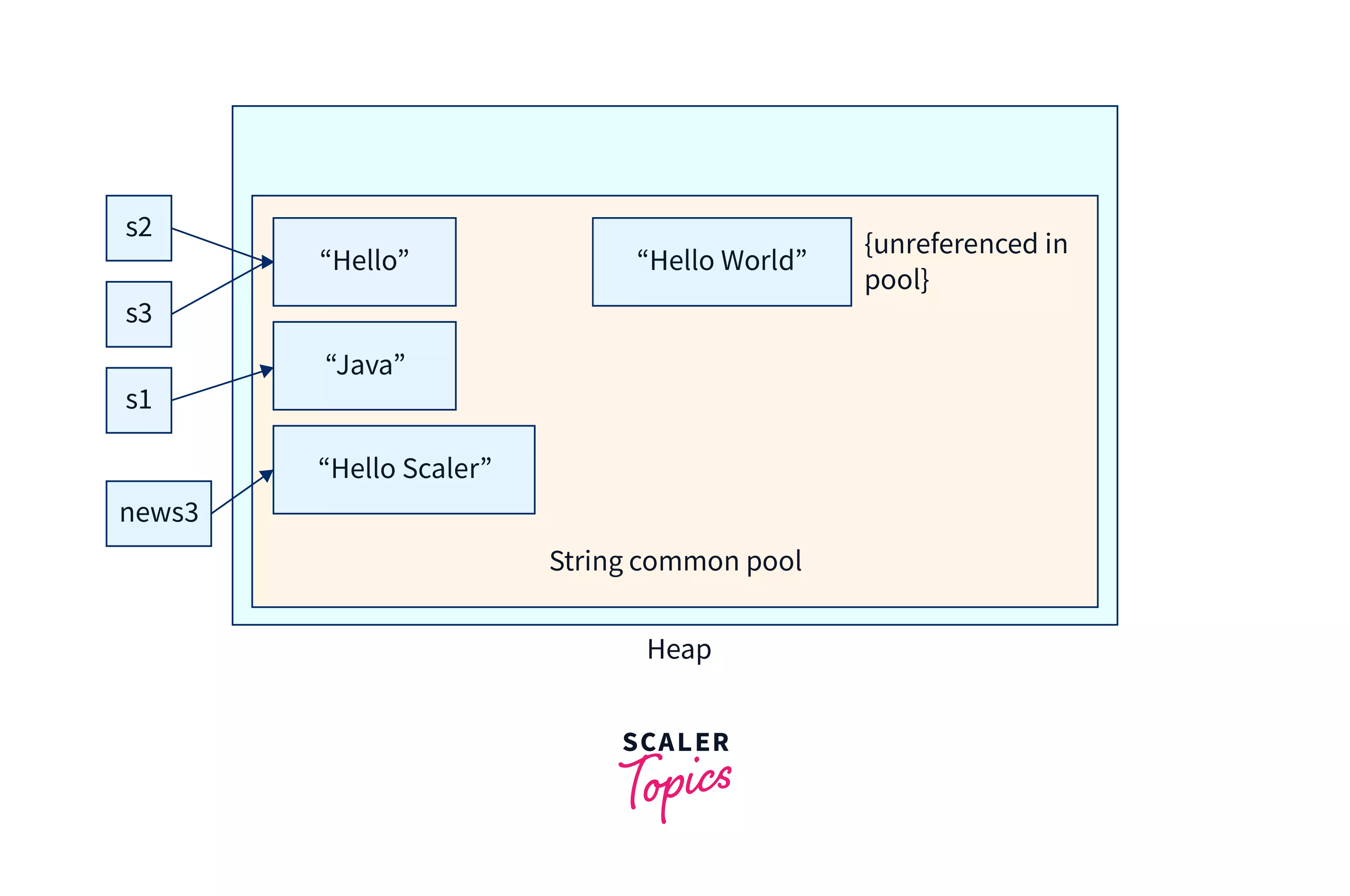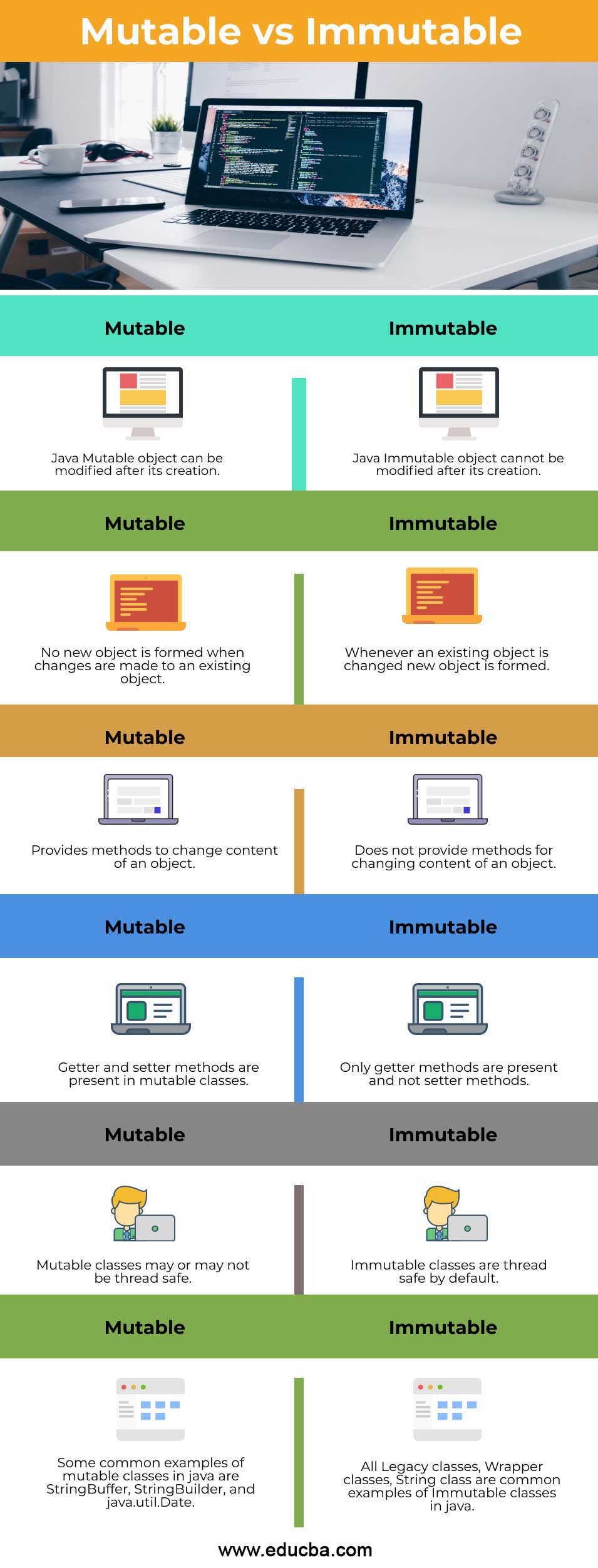What Is Unalterable Strings and Just How It Functions
In the world of programs, comprehending the idea of unalterable strings is vital for developing durable and secure applications. Unalterable strings describe strings that can not be modified after they are produced, making sure data integrity and predictability within the code. This fundamental principle plays a vital duty in various shows languages and uses an one-of-a-kind technique to handling information. By discovering the details of how immutable strings operate, one can reveal a globe of advantages and opportunities that can boost the high quality and efficiency of software growth.
The Essentials of Immutable Strings
Unalterable strings, as a fundamental principle in shows, are personality series that can not be altered once they are produced. This means that when a string is assigned a value, that worth can not be changed. In languages like Python and Java, strings are immutable things, bring about different effects in terms of memory administration and data stability.
One of the crucial advantages of unalterable strings is that they provide a feeling of protection in data adjustment. Since the material of an immutable string can not be modified, it makes certain that the original data stays undamaged, reducing the threat of unintentional adjustments during program implementation (Why are strings immutable in Java?). This residential property also streamlines debugging procedures, as programmers can trust that as soon as a string is defined, its worth will certainly not be inadvertently changed
When a new string is created based on an existing one, instead than customizing the original string, the new value is kept individually. Generally, comprehending the essentials of unalterable strings is critical for mastering programming ideas and enhancing code effectiveness.
Advantages of Unalterable Strings
Structure upon the safety and efficiency benefits of immutable strings, their advantages reach enhancing code reliability and simplifying concurrent shows jobs. By being unalterable, strings can not be customized after creation, which removes the threat of unintended adjustments in the data they store. This integral immutability makes certain that once a string is developed, its value stays continuous throughout the program's execution, reducing the chances of insects caused by unforeseen alterations.
Additionally, immutable strings add to code integrity by making it much easier to reason regarding the state of a program. Because strings can not be altered, developers can trust that a string will always hold the very same value, streamlining debugging and upkeep initiatives. This predictability results in extra steady and reliable codebases.

Execution in Shows Languages
Within numerous shows languages, the incorporation of unalterable strings is an essential aspect that influences how data is taken care of and controlled within code frameworks. The implementation of unalterable strings varies throughout different programs languages, with each language using its very own devices to support this principle.

On the other hand, languages like C and C++ do not have built-in support for unalterable strings. Developers in these languages have to manually carry discover this info here out immutability by applying rules within their code to prevent direct adjustments to string items.
Ideal Practices for Working With Unalterable Strings
When taking care of immutable strings in programs languages like Java and Python, adhering to finest techniques guarantees safe and secure and reliable information adjustment. Among the vital best practices is to use StringBuilder or StringBuffer rather of directly adjusting strings, specifically when managing extensive concatenation procedures. These courses provide mutable options for string adjustment, aiding to prevent unnecessary memory appropriations and enhancing performance.
Furthermore, when functioning address with sensitive information such as passwords or API secrets, it is vital to avoid saving them as plain message in immutable strings. Using safe and secure storage space systems like char selections or specialized collections for taking care of sensitive details helps minimize protection risks linked with immutable strings.
Real-world Applications and Instances
Checking out useful implementations of unalterable strings in numerous markets reveals their considerable influence on information honesty and system reliability. In the healthcare industry, unalterable strings play an essential role in making sure the safety and discretion of individual information. By protecting against unapproved alterations to sensitive info such as clinical documents and prescriptions, immutable strings help keep compliance with rigorous personal privacy guidelines like HIPAA.
Banks additionally take advantage of the immutable nature of strings to boost the protection of client information and transaction records. Unalterable strings aid prevent fraud and unauthorized modifications to financial information, supplying a durable defense against cyber dangers and guaranteeing the trust and self-confidence of customers.

Final Thought
Best techniques for functioning with unalterable strings include preventing straight alterations and making use of methods that return brand-new string things. Real-world applications of immutable strings consist of data encryption, caching, and string adjustment tasks.
Immutable strings refer to strings that can not be modified after they are created, guaranteeing data integrity and predictability within the code. When a brand-new string is developed based on an existing one, rather than customizing the initial string, the new worth is saved individually.In languages like Java and Python, strings are immutable by default, indicating that as soon as check these guys out a string object is created, its worth can not be transformed - Why are strings immutable in Java?. Best methods for working with immutable strings include staying clear of direct modifications and using approaches that return new string objects. Real-world applications of immutable strings consist of information file encryption, caching, and string manipulation jobs